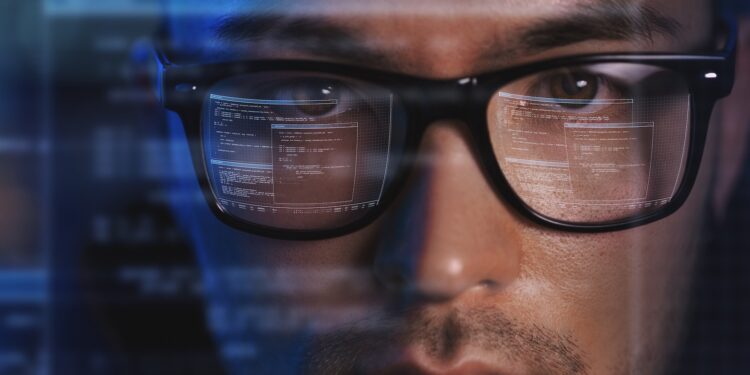Apple is facing one of the biggest challenges in its recent history. While other tech giants like Meta are making significant strides in AI and wearable devices, Apple seems surprisingly cautious. But now there are indications that the company is significantly accelerating the launch of its first AI-powered smart glasses. This is risky, but perhaps necessary.
Apple has long been the benchmark for product design and innovation. The launch of the Apple Watch was a resounding success, cementing the company's reputation as a trendsetter. However, this was followed by a series of projects that didn't go as planned. The Apple Vision Pro mixed-reality headset was disappointing, the Project Titan electric car project was canceled, and Apple quickly lost ground in the field of artificial intelligence . While competitors expanded their AI capabilities, Apple seemed paralyzed. The innovative power for which Apple was long admired seemed limited to individual product lines rather than responding to new technologies and platforms.
Apple under pressure: Meta shows the way
Meta is a good example of how to seize the right moment. The company may have missed the smartphone train, but it was an early adopter of immersive technologies. Its collaboration with Ray-Ban on smart glasses was initially unspectacular, but the integration of AI turned it into a serious product. Meta's major advantage: When the generative AI boom began thanks to tools like ChatGPT, the company was already well prepared thanks to the work of Yann LeCun, Meta's chief AI researcher. With the Llama language models, Meta was able to catch up quickly and develop concrete applications that were immediately usable on its own platforms. In contrast, Apple waited too long. While others tested, released, and collected feedback, Apple only followed developments from afar. This strategy of only acting once a target vision was completely clear set Apple back in the field of AI.
Smart glasses as a possible game changer
But now something seems to be changing. According to reports, Apple is suddenly significantly accelerating the development of its own smart glasses. The company apparently wants to avoid being late again. The difference to the competition: Apple takes a systematic approach. The company is trying to build a mature product that clearly works towards a vision – in contrast to experimental MVPs such as those often seen at Google or Meta. A quote from an executive sums it up: In the world of AI, you often only know what the product actually consists of after major investments. Apple, on the other hand, only works on projects where the end goal is defined from the outset. This way of thinking fits well with the current focus on smart glasses: a clear product idea, a concrete technological basis and an ambitious but achievable timeline.
The mistakes of the past as drivers
The failures of recent years may even have helped Apple. They showed the company how risky it is to play both sides of the ball. Projects like Project Titan and Apple Vision Pro tied up a lot of resources without ultimately producing tangible results. The company had to learn to set priorities. It became clear that attention and focus are limited resources, even in a multi-billion dollar company. This also explains why many teams cannot work on several major projects in parallel. Now that priorities have been reset, Apple is apparently concentrating entirely on the next big platform.
When perfection becomes a duty: Apple's new challenge
Apple is under pressure. The market for wearable AI products is evolving rapidly, and Meta is about to secure a decisive lead. Apple can't afford to miss the right moment again. The smart glasses could be a turning point – provided Apple succeeds in learning from past mistakes and implementing the new technology with its usual perfection. Whether Apple will turn things around remains to be seen. The only thing that's certain is that the company can't fail this time. The stakes are too high. The best products for you: Our Amazon Storefront offers a wide selection of accessories, including those for HomeKit. (Image: Shutterstock / Ground Picture)
- Apple 2026: Three major product upgrades are coming
- OpenAI wants to complement smartphones with new AI device
- Apple Vision Pro successor: All known information now





